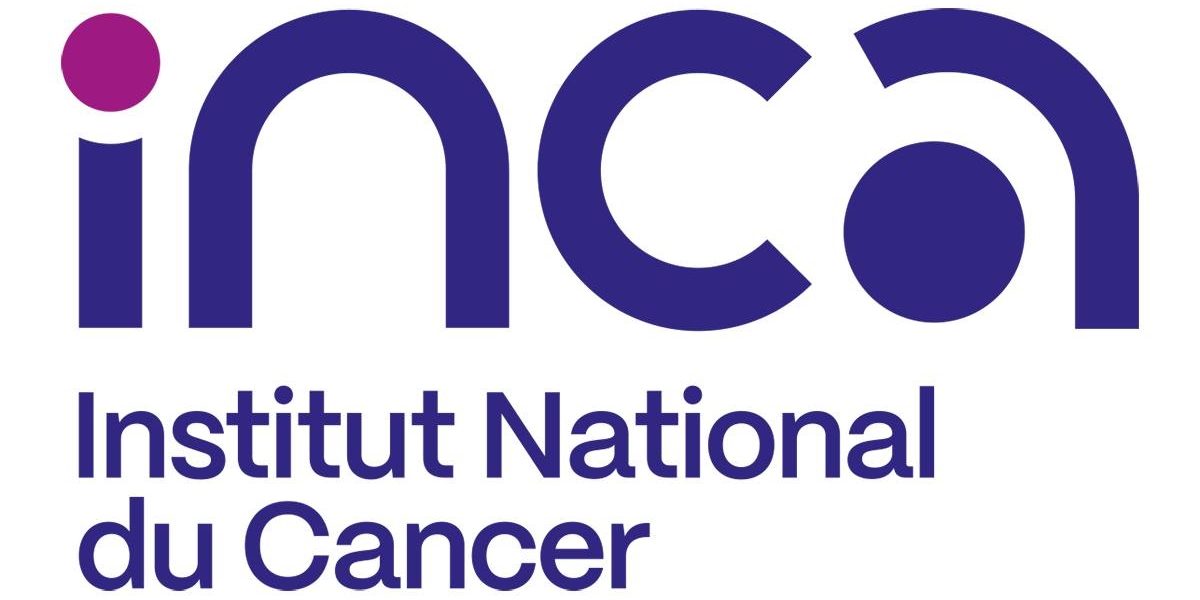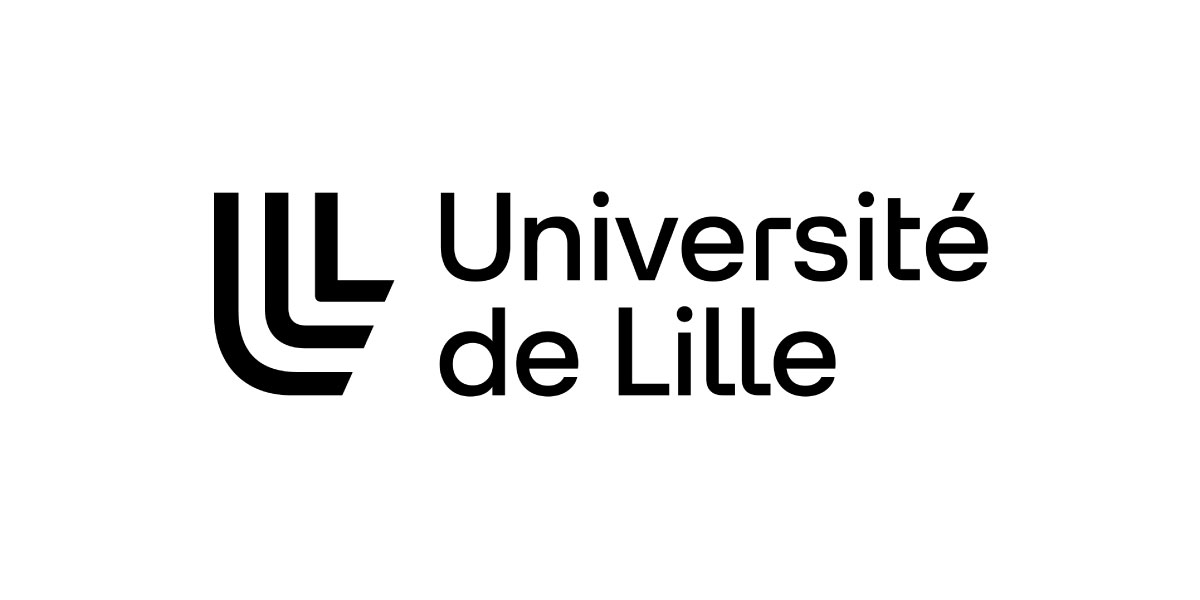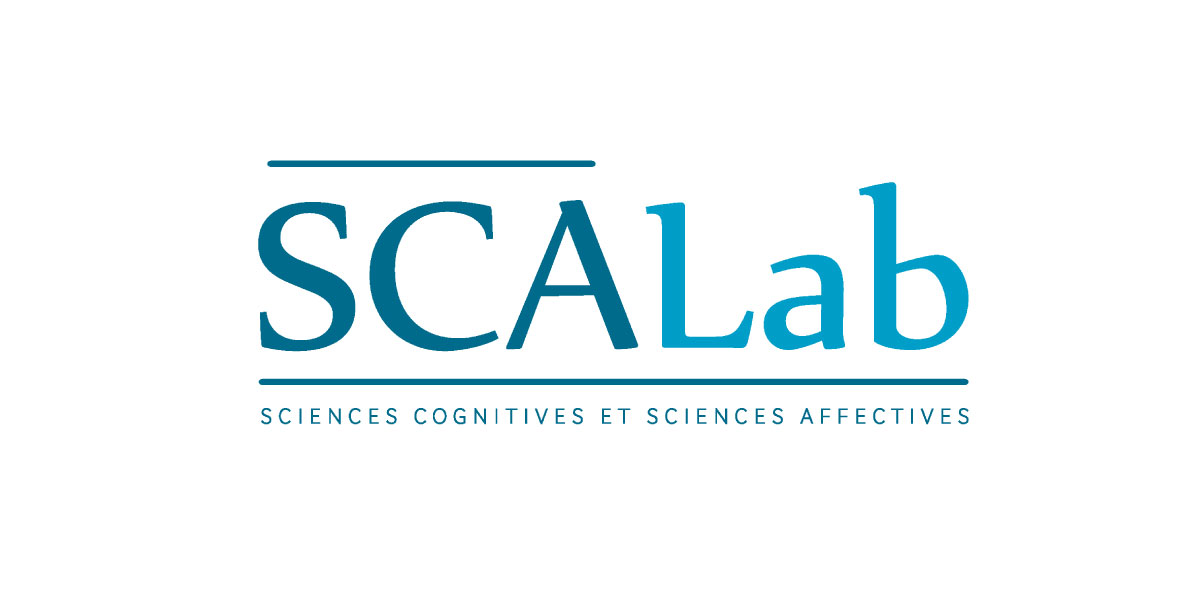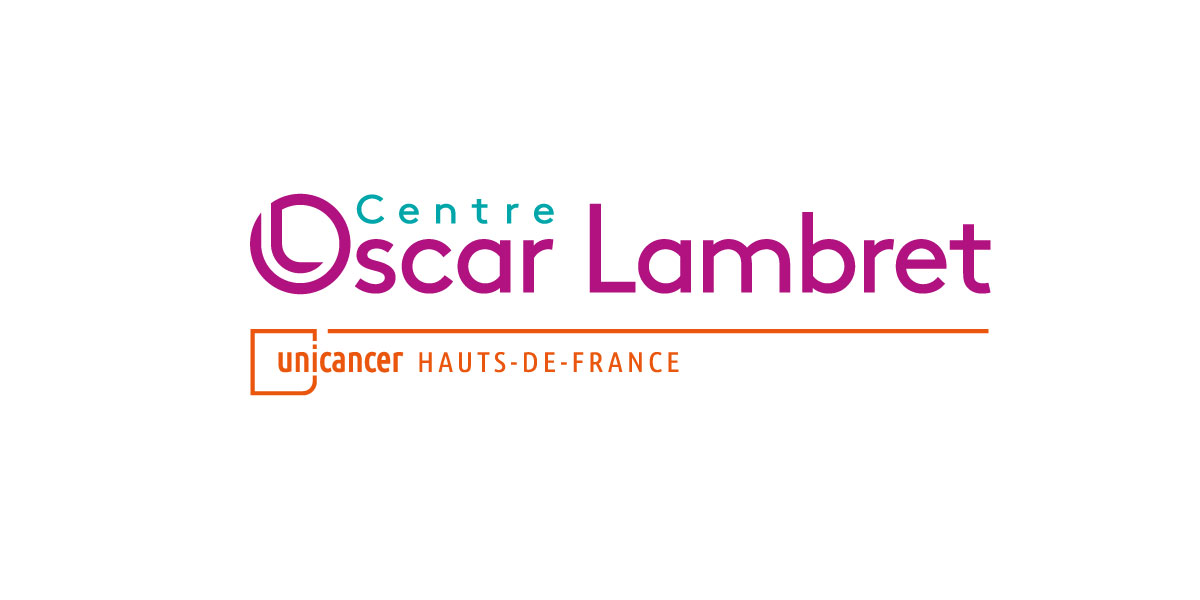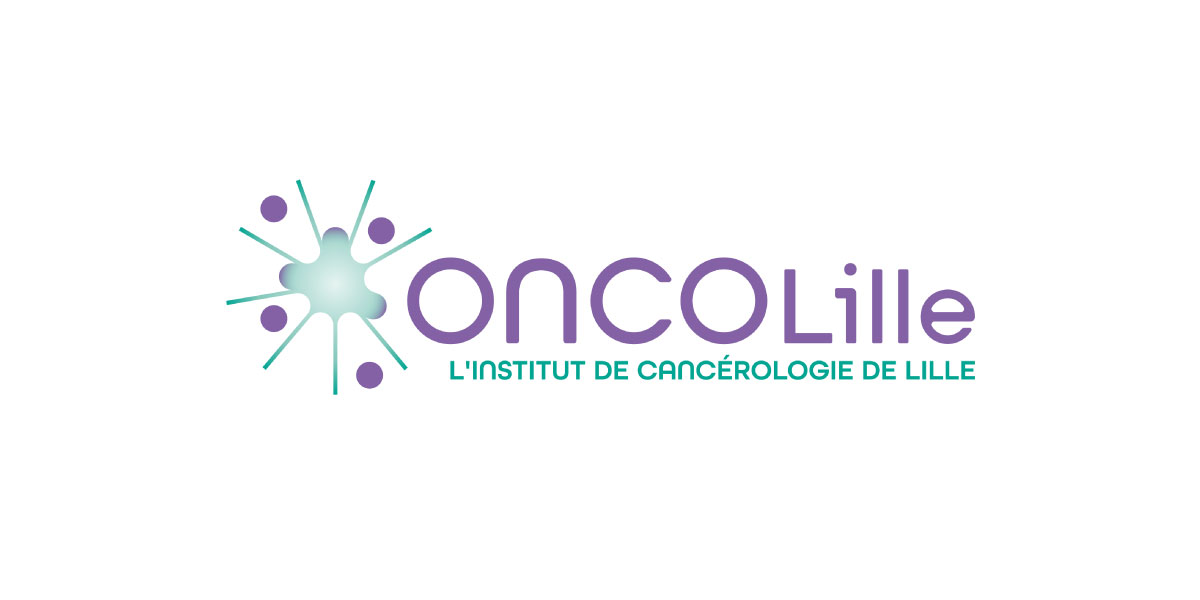ICEbreaker.
Information, communication, and emotional regulation in coping with cancer
To date, the psychosocial impact of cancer and the factors associated with the quality of life of patients and their families seem to be well understood. However, difficulties with emotional adjustment, many unmet needs, and communication problems within the family are also frequently reported. Hence, we know that cancer impacts patients’ family life, but we do not know whether it is possible to limit the negative effects thereof.
Various initiatives have been developed to ensure that the needs of patients and their families are met and the difficulties they encounter are minimized. Nevertheless, these interventions are, in most cases, offered individually to patients or their families without considering the overall impact of the disease on the family system. It is also difficult to transfer some interventions to clinical practice.
To overcome these limitations and improve the relationship between patients, caregivers, and patients’ families, we want to develop an eHealth intervention using a multi-modular approach. This intervention, which will complement usual care, will be useful to many people, regardless of whether they are involved with cancer care departments.
intervention
intervention
intervention
intervention
intervention
OBJECTIVES
The objectives of the ICEbreaker project.
The main objective of this research project is to develop the ICEbreaker intervention, an innovative eHealth intervention targeting the information needs, communication difficulties (within the family and with caregivers), and emotions of patients with cancer and their families. The intervention will be offered to patients and their families, with activities that they can participate in either alone or together.
Several successive studies will be conducted to develop and evaluate the intervention.
FACTORS OF SUCCESS
The goal of a large-scale intervention.
This research project will be completed once the intervention for patients and their families has been developed and is operational. Such a tool will be advantageous since it can be made accessible to many people, regardless of the patient’s cancer diagnosis or where they live.
The results of this research project will also be used to formulate recommendations for the development of a multi-modular supportive care intervention offered in a digital format.
The project team
To complete this project, we have established a multidisciplinary team comprising clinicians and researchers specializing in various relevant domains. We also have the support of various departmental committees from the Ligue contre le cancer (Nord and Oise), people with patient experience, and people trained in patient partnerships.
Aspects of the ICEbreaker project correspond with Ambre Ittouchene’s work for their PhD in psychology, which is being completed under the supervision of Dr Kristopher Lamore at the University of Lille.
The following people from the opsyrii team and SCALab are involved: Prof. Pascal Antoine, Dr Christelle Duprez, Prof. Delphine Grynberg, Dr Valentyn Fournier, Dr Marie-Charlotte Gandolphe, Dr Pauline Justin, and Lisa Laroussi-Libeault.
Financial support
The first study in the ICEbreaker project received external financial support and financial support from the opsyrii chair for conducting a survey with patients and their families to discover what they need and how they perceive digital tools.
The evaluation studies of the ICEbreaker project are financially supported by the Ligue Nationale Contre le Cancer. This funding, in addition to that provided by the partners of the opsyrii chair, will be used to conduct two evaluation studies on the developed intervention.


The research projects
Three projects funded by the chair, three areas of innovation.
